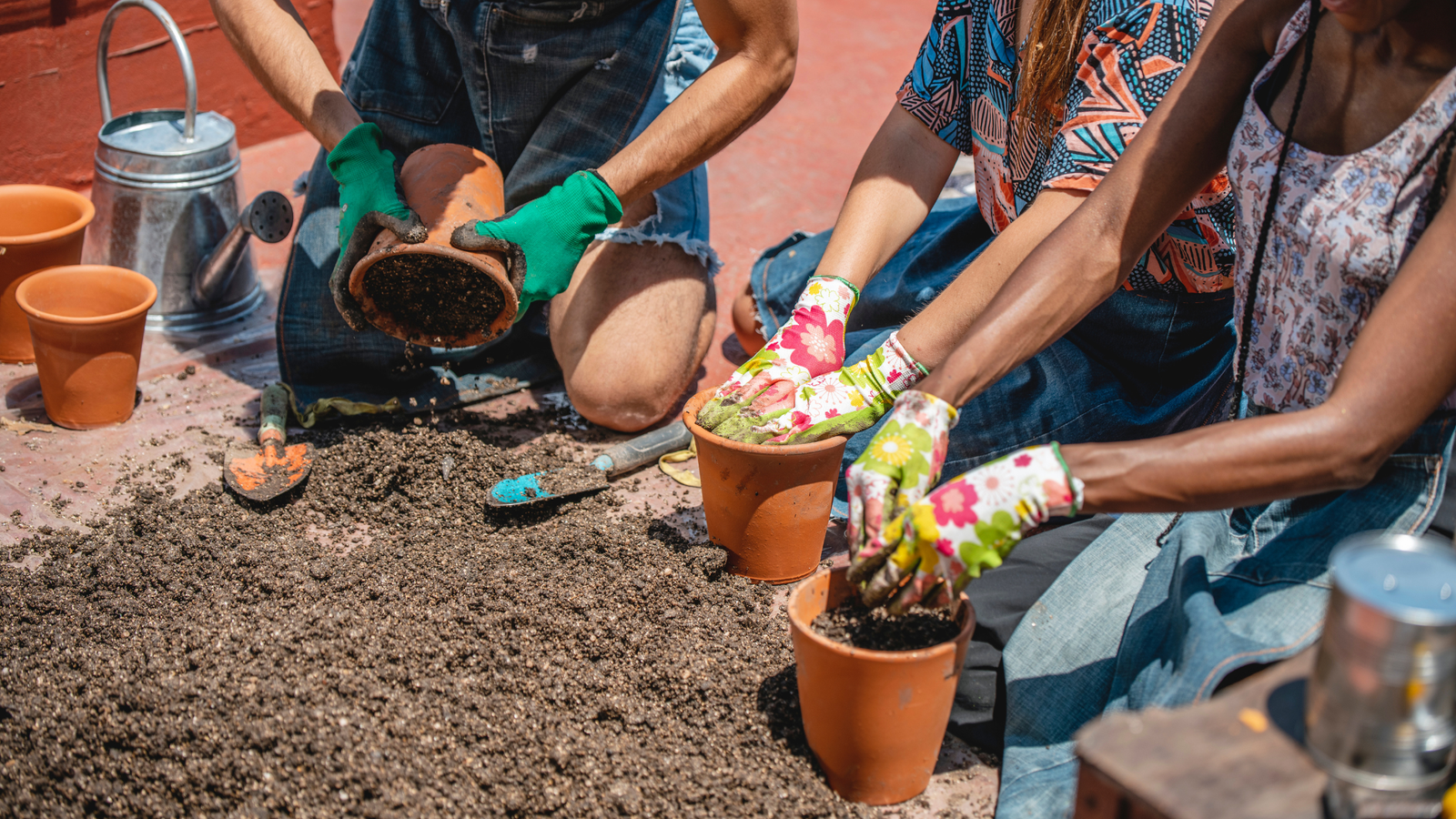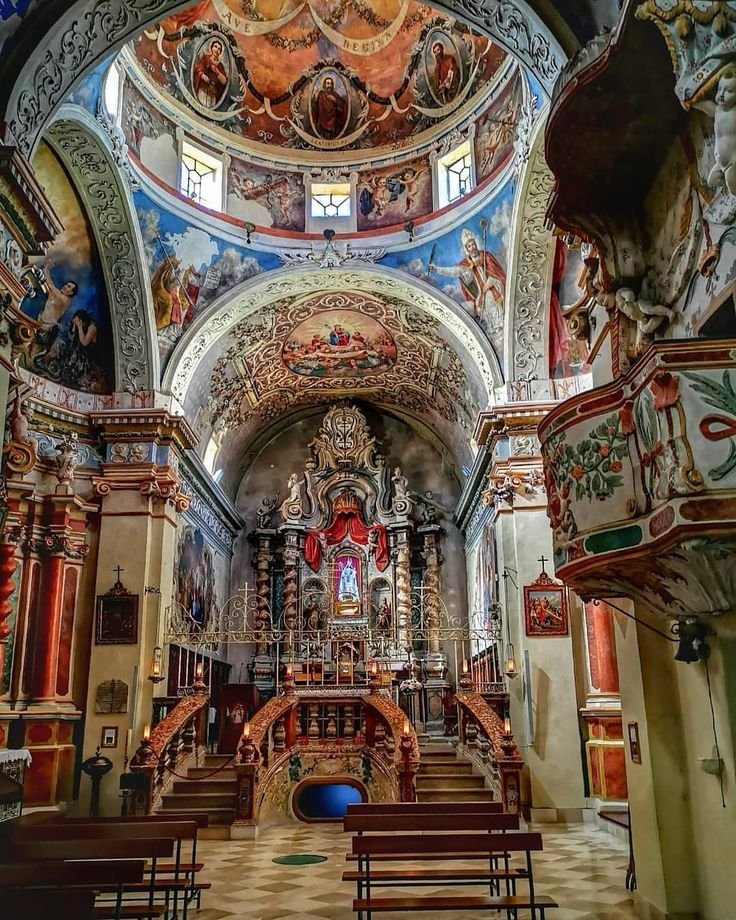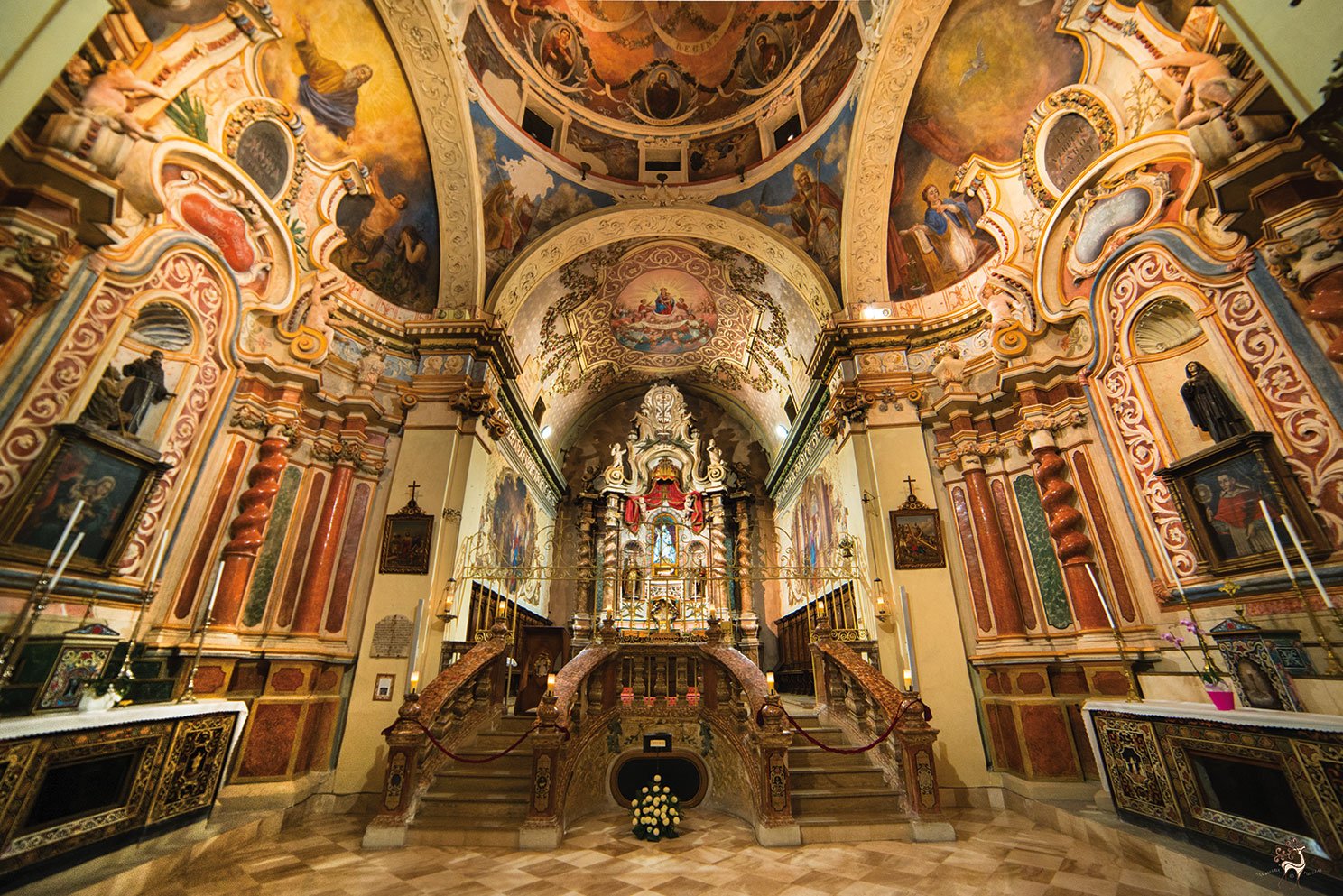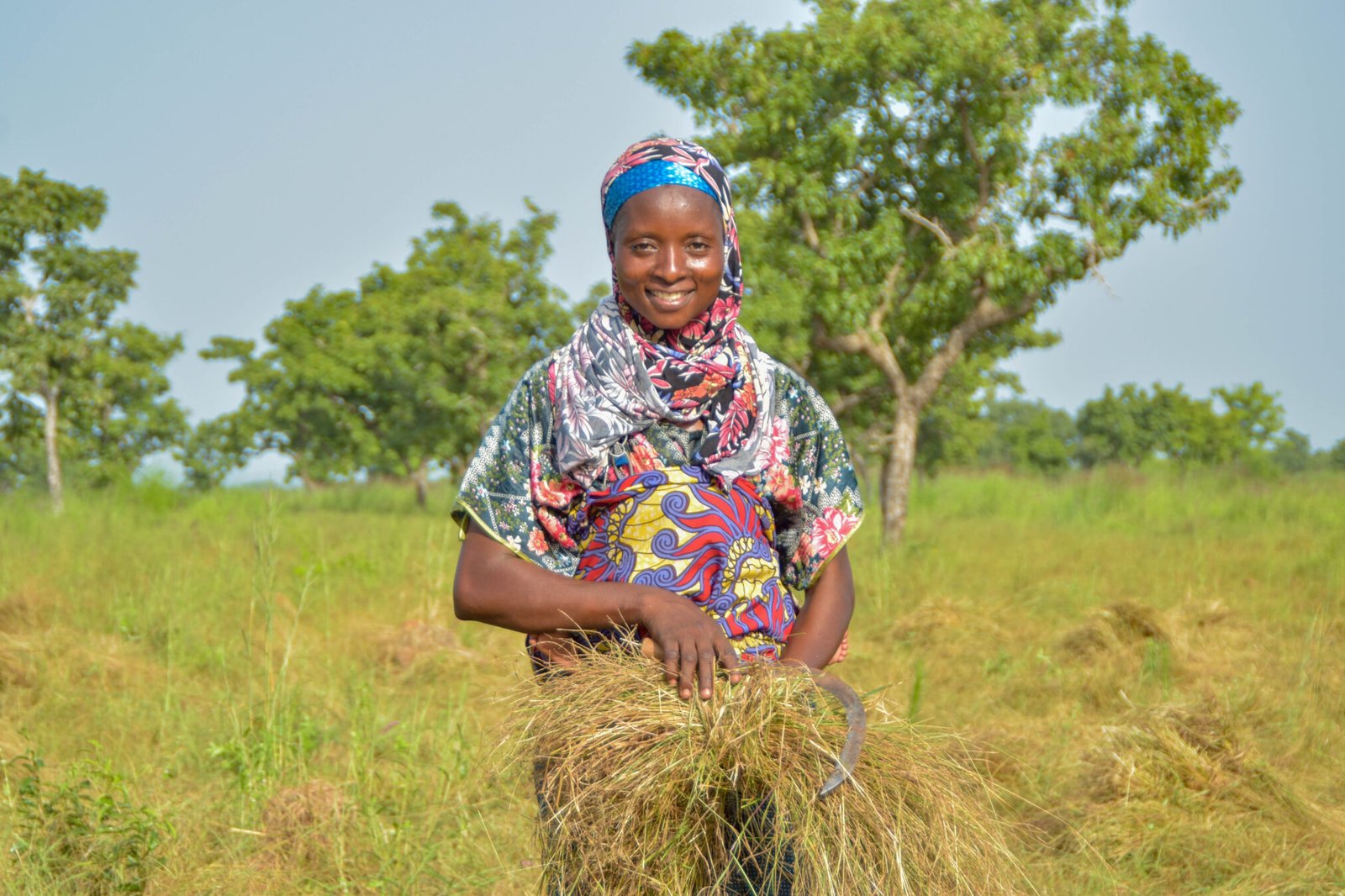Hospitality Industry Trends and Accommodations in Fonni, Italy
Nestled among the rugged landscapes of Sardinia, Fonni offers a unique blend of cultural heritage, natural beauty, and warm hospitality. As travelers seek authentic experiences that immerse them in local traditions and pristine landscapes, Fonni’s hospitality industry is evolving to meet these demands. This article explores current trends and accommodations that define the hospitality scene in Fonni, reflecting its commitment to sustainability, cultural preservation, and memorable guest experiences.

Hospitality Industry Trends and Accommodations in Fonni, Italy
Authentic Experiences and Cultural Immersion
At the heart of Fonni’s hospitality industry is its dedication to providing guests with authentic experiences that showcase the region’s rich cultural heritage. Accommodations such as agriturismos (farm stays) offer visitors the opportunity to stay on working farms, participate in traditional activities like cheese-making or olive harvesting, and savor farm-to-table meals prepared with locally-sourced ingredients. These experiences not only support sustainable agriculture but also foster a deeper connection between guests and the local community.
Eco-Friendly Practices and Sustainable Tourism
Increasingly, travelers are prioritizing sustainability when choosing accommodations. In Fonni, eco-lodges and boutique hotels are leading the way by implementing eco-friendly practices such as energy-efficient design, waste reduction initiatives, and using renewable energy sources. These establishments strive to minimize their environmental footprint while providing comfortable and memorable stays for environmentally-conscious guests. Sustainable tourism certifications and partnerships with local conservation initiatives further underscore their commitment to responsible travel practices.
Diverse Accommodation Options
Fonni offers a range of accommodation options to suit every traveler’s preference and budget. From cozy bed and breakfasts run by local families to charming guesthouses with panoramic mountain views, visitors can choose accommodations that reflect their desired experience of Sardinian hospitality. For those seeking a luxurious retreat, renovated historic mansions and boutique hotels blend modern amenities with traditional architecture, offering a blend of comfort and cultural authenticity.
Culinary Experiences and Local Cuisine
The hospitality industry in Fonni places a strong emphasis on culinary experiences that highlight the region’s gastronomic delights. Many accommodations feature on-site restaurants or partner with local eateries to showcase traditional Sardinian cuisine, including specialties like porceddu (roast suckling pig), culurgiones (filled pasta), and seadas (sweet pastries filled with cheese and drizzled with honey). Guests can indulge in gastronomic tours, cooking classes, and wine tastings that celebrate the flavors and culinary traditions of Sardinia.
Personalized Service and Community Engagement
What sets Fonni’s hospitality apart is its personalized service and genuine warmth towards guests. Accommodation providers often go the extra mile to ensure memorable stays, offering personalized recommendations for local attractions, organizing guided tours of nearby landmarks, and facilitating cultural exchanges with residents. Many establishments actively engage with the local community by supporting cultural events, artisan workshops, and environmental conservation projects, creating a positive impact beyond tourism revenue.
Conclusion
In conclusion, Fonni’s hospitality industry is not just about providing accommodations but creating meaningful experiences that celebrate the region’s heritage, promote sustainability, and foster connections between guests and the local community. As travelers increasingly seek authenticity and sustainability in their journeys, Fonni stands out as a destination where hospitality is synonymous with cultural immersion and responsible tourism practices. Whether exploring ancient ruins, hiking mountain trails, or savoring local cuisine, visitors to Fonni are invited to embrace the essence of Sardinian hospitality and create lasting memories in this hidden gem of Italy.
















